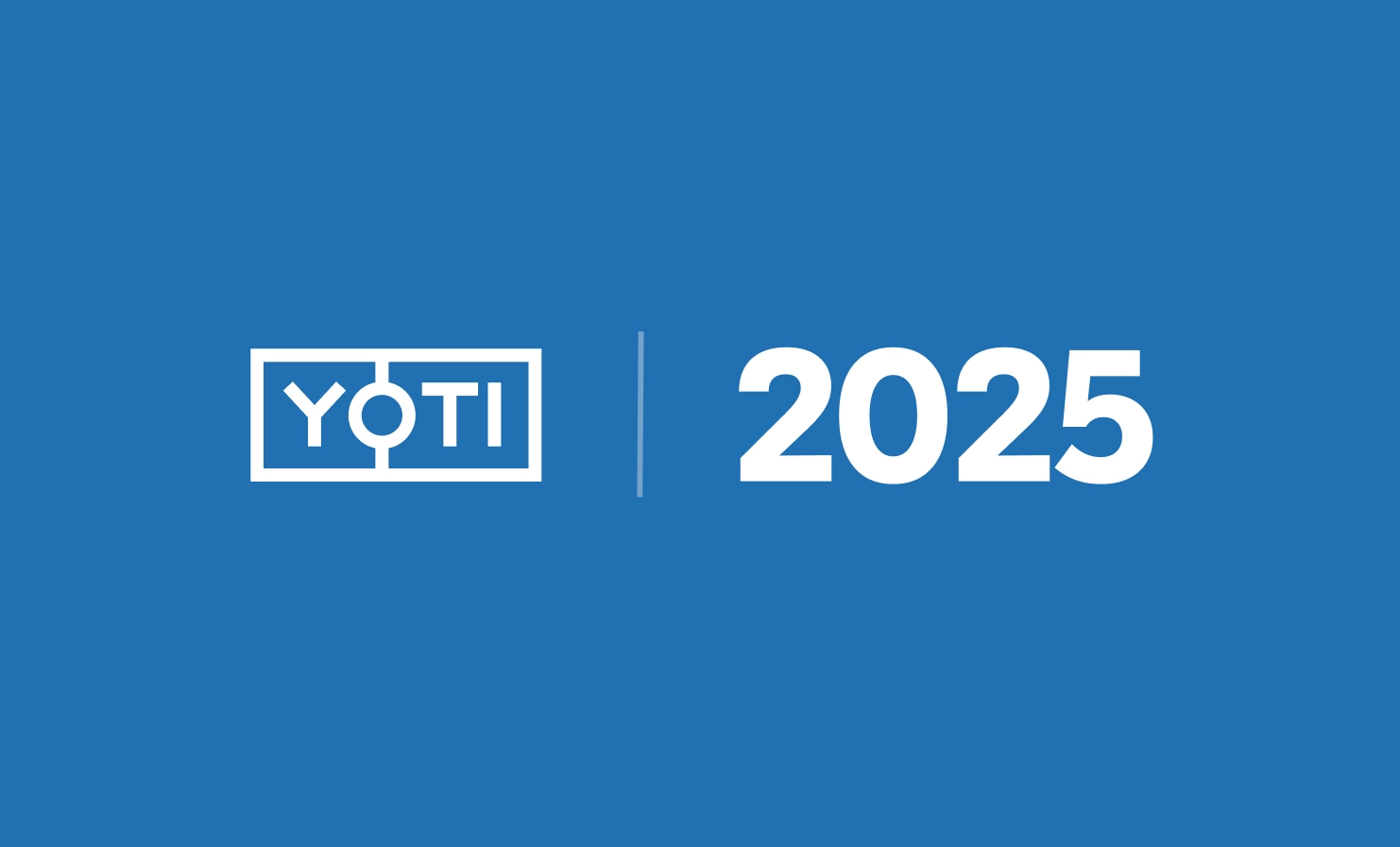Articles
A look back at 2025
As we close out 2025, we’ve been reflecting on a year that marked a clear shift for the age and identity industry. This was the year digital IDs moved further into everyday use. The year age regulation accelerated globally. The year trust proved to be a true differentiator, and one we’ve worked hard to build and maintain. Behind the scenes for Yoti, it was also a year of significant progress, including reaching profitability and expanding our role in the identity ecosystem. Here’s our look back on the moments and learnings that shaped our 2025. Digital IDs moved closer
Yoti age tokens, passkeys and privacy: Reflections on 6 years of scaling privacy-preserving age assurance
Over recent months, there’s been growing buzz in the industry about privacy-preserving ways to prove age online. Device-bound age tokens, passkey-binding and cryptographic signals that confirm someone is “over 18” without sharing any identity details are increasingly being discussed as if they’re brand new ideas. It’s great to see this conversation picking up. The online world needs ways for people to prove their age in seconds, with minimal data and maximum privacy. But it’s worth adding a bit of context. Yoti age tokens have been around since 2019 We introduced Yoti age tokens back in 2019. These are
Meet the free ID Checker app
In the UK, the way people are able to prove their age is changing. The Government is actively working to update legislation that’ll allow digital IDs to be used as proof of age when buying alcohol. It’s a significant step towards modernising everyday, in-store interactions for retailers and hospitality venues across the country. To help businesses prepare for these changes with confidence, we’re launching the Digital ID Connect ID Checker app. It’s a free, simple and secure way for staff to verify customers’ digital IDs when they choose to use them to prove their age or identity in person.
Yoti helps platforms navigate Australia’s new social media age restrictions
Australia’s new age restriction laws for social media come into effect today, signalling a major shift in how online services must support age-appropriate access for younger users. As platforms prepare for increased regulatory scrutiny and tight compliance timelines, Yoti is enabling our social media partners to deploy trusted, privacy-preserving age assurance at scale. These reforms, led by the eSafety Commissioner, require major social media platforms to take ‘reasonable steps’ to stop under 16s from creating an account or using their services. There are no exceptions to this age limit, not even those with parental consent. The rules apply to
Keep calm and carry on - what to expect ahead of Australia's age checks for social media
We’ve been talking to a number of media outlets ahead of Australia’s upcoming social media ban for under 16’s – set to kick in on 10th December – and thought it was worth sharing our insights more widely. After all, there’s plenty of speculation about what will actually happen: Will systems cope? Will there be issues accessing sites? Will everything grind to a halt? After supporting a number of countries across the world as they’ve rolled out age assurance measures (including the UK Online Safety Act’s launch in July this year), we can say with confidence that the infrastructure
Give scammers the cold shoulder this Christmas with your Yoti Digital ID
The Christmas lights are glowing and the treats are flowing. But with all the festive fun comes a flurry of extra online shopping and last-minute plans. So it’s no surprise that scams, fraud, identity risks and in-person safety concerns tend to spike right alongside the mince pies. That’s where your Digital ID can come in. A trusted, privacy-friendly way to prove who you are (and check who others are) can make all the difference. Here’s how your Digital ID can help you keep things merry and bright this Christmas. Verify someone before you meet or trade Hunting for






